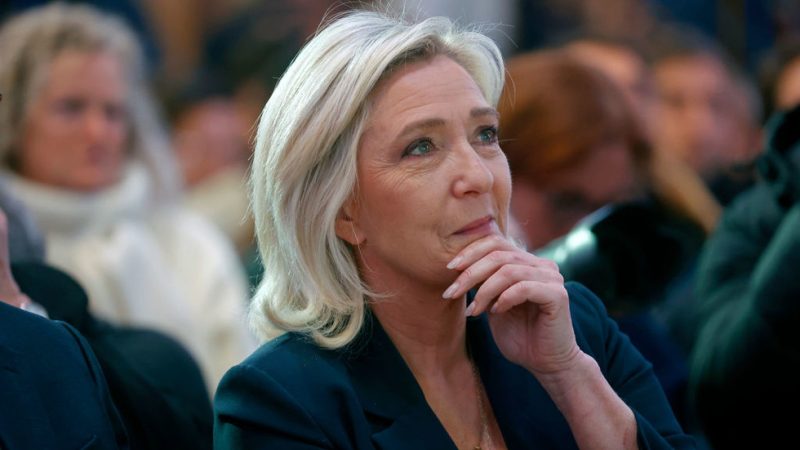
Italian Prime Minister Giorgia Meloni has voiced strong criticism of the conviction of French opposition leader Marine Le Pen, arguing that the ruling effectively silences the electoral voice of millions. Meloni’s statement highlights a growing concern amongst some European leaders about the potential impact of legal proceedings on political participation and the democratic process.
The conviction, the details of which haven’t been fully specified in initial reports, has sparked a heated debate across the political spectrum. Critics argue that it sets a dangerous precedent, potentially chilling free speech and undermining the legitimacy of the electoral system. They point to the significant number of voters who support Le Pen and her party, suggesting that their voice is now diminished by this legal action.
Meloni, known for her own right-wing populist stance, seemingly finds common ground with Le Pen on this issue, despite the ideological differences between their parties. This unexpected alliance underscores the gravity of the situation and the shared concerns about the implications for democratic norms across Europe. The statement suggests a potential shift in the dynamics of European politics, with a focus on the challenges to democratic principles posed by legal interventions targeting political leaders.
However, supporters of the conviction maintain that the legal process must be allowed to run its course, regardless of the political implications. They argue that no one is above the law, and that upholding the rule of law is paramount to a functioning democracy. This counter-argument highlights the complex and multifaceted nature of the debate, with strong opinions on both sides.
The coming days and weeks will undoubtedly see further discussion and analysis of this significant development. The international community will be watching closely to see how this situation unfolds and what impact it will have on the future of French and European politics. The question remains: does this conviction truly represent a blow to democracy, or is it simply the application of the rule of law, regardless of political affiliation?










